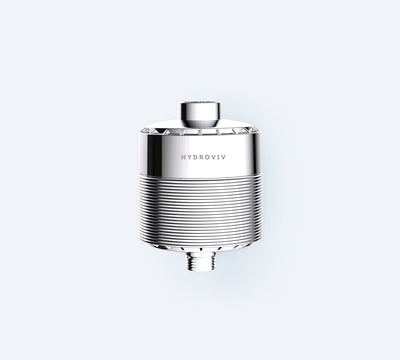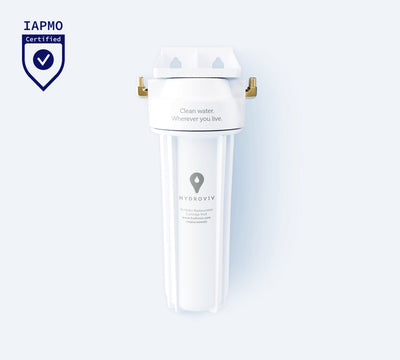Information On Memphis Tap Water
RSSKezia Snipe | Hydroviv Research Analyst
**Updated May 30, 2021 to reflect most current water quality data
For Hydroviv’s assessment of Memphis' water quality, we aggregated water quality test data from Memphis Light, Gas & Water, the city’s water provider and the U.S. Environmental Protection Agency (EPA). We cross reference these data with toxicity studies in the scientific and medical literature, and delve into upcoming regulatory changes. The water filters that we offer at Hydroviv are optimized with these figures in mind.
Source Of Memphis Drinking Water
Memphis tap water comes from the Memphis Aquifer, which is a natural underground reservoir located from 350 to 1,100 feet below ground surface. It is a part of a larger system of aquifers extending to a depth of 2,600 feet. The aquifers are composed of layers of clay, sand and gravel that act as a natural filter to remove many impurities from the water, which is contained within the sands. The wells connected into this system are commonly known as “artesian wells” because they draw the naturally purified water to the surface by releasing the built-up pressure which forces the water up the well like liquid through a straw.
Lead in Memphis Tap Water
Lead levels in Memphis, Tennessee tap water are higher than what health officials claim to be safe. The current lead levels in Memphis water are 8.72 parts per billion. Although the EPA Action Level is 15 parts per billion, EPA's Maximum Contaminant Level Goal is 0 parts per billion. Lead enters tap water from older lead service pipes and plumbing. According to the American Academy of Pediatrics, there is no safe level of lead - and any amount can cause developmental issues, lowered IQ, and other impacts to the brain.
Use of Chlorine in Memphis Tap Water
Like most cities in the United States, Memphis adds chlorine to its water supply to keep consumers safe from waterborne illness. While chlorine is not necessarily harmful, it can make tap water taste and smell very unpleasant. When you choose to filter chlorine from
Disinfection Byproducts (DBPs) In Memphis Drinking Water
DBPs are a category of emerging contaminants that form when chlorine-based disinfectants react with naturally-occurring organic matter. Although these chemicals are not currently regulated very well, the EPA has admitted that they are associated with an increased risk of bladder cancer, as well as kidney, liver, and central nervous system problems.
Still Have Questions About Memphis Drinking Water?
Hydroviv is a water filtration company that uses water quality data to optimize water filters for each customer's water. The contaminants that we list above are what we consider to be major “points of emphasis” that we use to build water filters that are built specifically for Memphis, but all of our our filters provide broad protection against a wide range of contaminants (including lead).
If you’re interested in learning more about water filters that have been optimized for Memphis tap water, or just have questions about water quality in general, feel free to visit www.hydroviv.com, reach out by email (hello@hydroviv.com) or through our live chat. We also frequently post water-related news on Twitter or Facebook. We pride ourselves in being a reputable source of information on water quality, and your questions will be answered by scientists, not salespeople (we don't have any salespeople).
Please Share This Memphis Water Quality Article On Social Media With Anyone You Think Would Benefit From The Information!
Recommended Articles For YouHow Do I Remove Chromium 6 Contamination From My Drinking Water?
Disinfection Byproducts In Your Drinking Water




